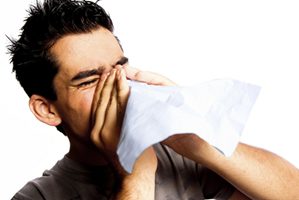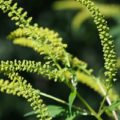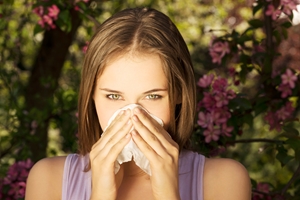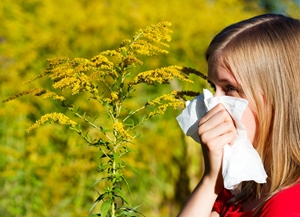
Some people only suffer from allergies in the fall. Others only deal with them in the summer or spring. And, in worst-case scenarios, others have to manage them all year long.
So, why do people cough, sneeze and wheeze at different times of the year? Is there a difference between spring and fall allergies?
The answer is both yes and no. And because there are similarities and differences, it's important to know what they are:
Here are some similarities between spring and fall allergies:
- You may have noticed that symptoms are similar in both seasons. You sneeze in the spring just like you do in the fall. The same can be said for other conditions like itchy, watery eyes, scratchy throat, headaches and worsening asthma symptoms.
- Treatment options are the same. If you take allergy medication, you can use identical treatment options in the spring and fall. You'll also be administered the same allergy shots for both seasons.
- If you can't be outside for long periods in the spring because of allergies, you'll probably face the same situations in the fall.
- About three-quarters of people who suffer from pollen also struggle with ragweed.
Here are a couple of differences between fall and spring allergies:
- In the spring, you're more likely to suffer from pollen than ragweed. Whereas, in the fall, ragweed and mold are the prevailing allergens.
- If you have ragweed allergies, you are more likely to be sensitive to zucchini, melons, bananas and other fruits and vegetables.
This information is vital to helping you better manage your allergies. For more information on proper allergy management techniques and allergy control products, visit Allergy Be Gone today.









